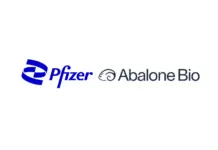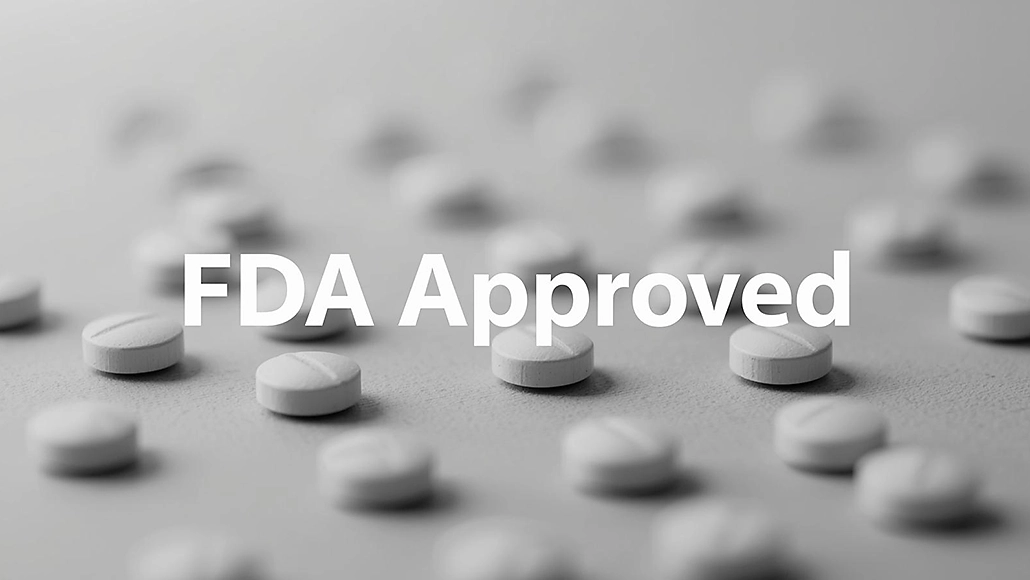The U.S. Food and Drug Administration (FDA) has approved Jascayd (nerandomilast) tablets to treat idiopathic pulmonary fibrosis (IPF), a rare and serious lung disease. There is no cure for the condition, and treatment choices have long been limited.
The disease damages the tissue around the alveoli in the lungs, making it thicker and less flexible. As the damage builds, scarring, or fibrosis, develops, making it harder to breathe over time. Most patients struggle with shortness of breath and a persistent cough. The disease doesn’t follow the same path for everyone; some develop scarring slowly, while others see it progress quickly. Acute exacerbations, like sudden intensifications of symptoms, are also common. The condition is most often diagnosed in people aged 60 to 70.
The decision to approve Jascayd was based on two randomized, double-blind, placebo-controlled trials in adults with idiopathic pulmonary fibrosis. Researchers looked at changes in Forced Vital Capacity (FVC), which measures how much air a person can exhale after taking their deepest breath. People taking Jascayd experienced a smaller drop in FVC than those who received a placebo.
Jascayd is taken orally at a recommended dose of 18 mg twice daily, roughly 12 hours apart. For patients who can’t tolerate the full dose, it can be reduced to 9 mg twice a day, except for those also taking pirfenidone. The most common side effects, seen in at least 5% of patients, were diarrhea, COVID-19, upper respiratory infections, depression, weight and appetite loss, nausea, fatigue, headache, vomiting, back pain, and dizziness.
The FDA said the approval reflects its ongoing effort to broaden treatment choices and strengthen healthcare for patients across the United States.




























